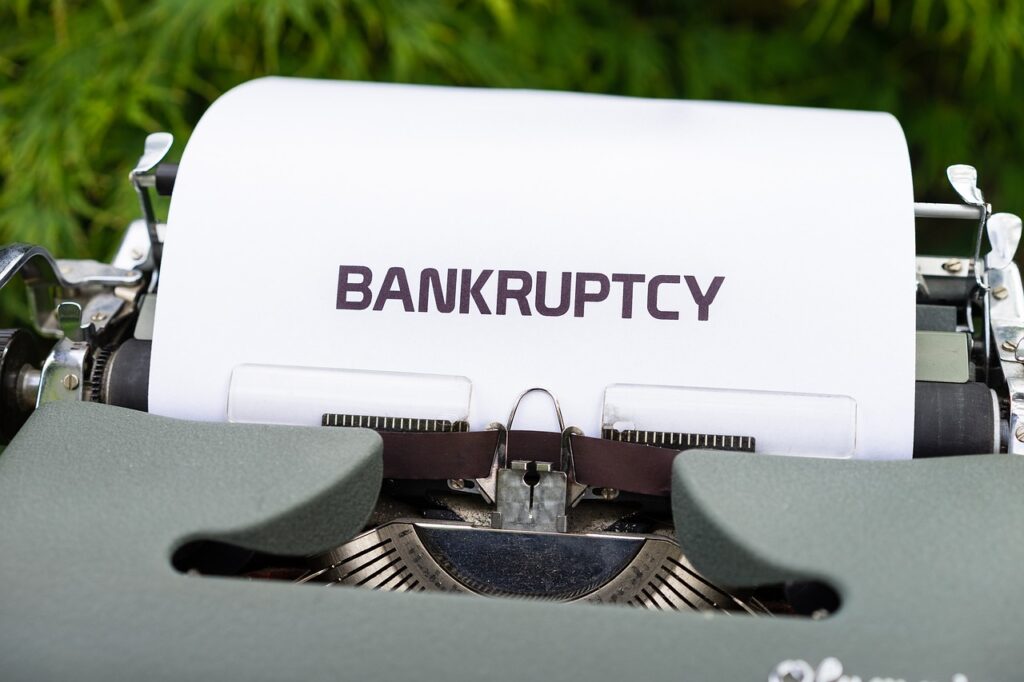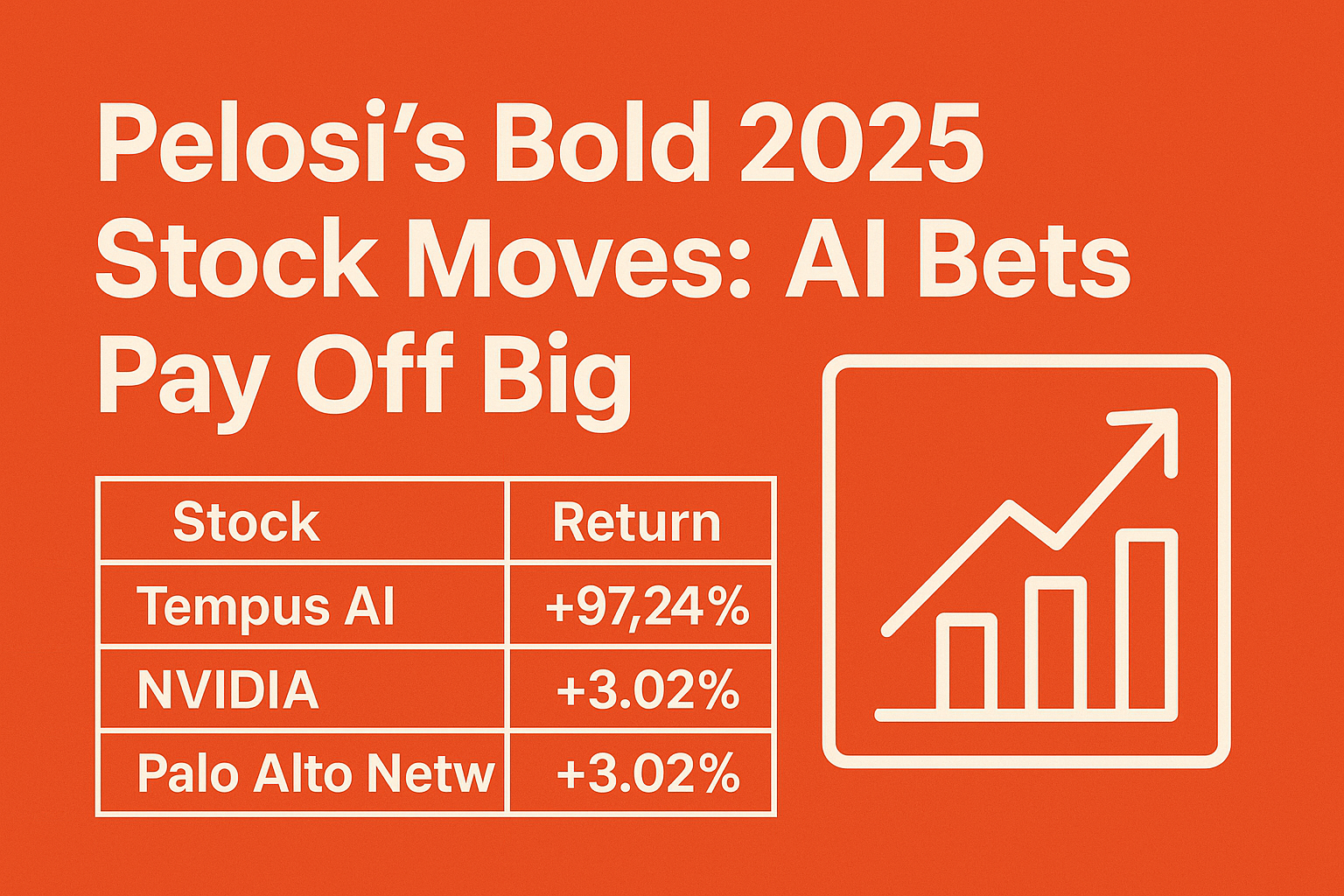Fisker Inc. (FSR) once promised to revolutionize electric vehicles. Now, after bankruptcy and delisting, its stock serves as a cautionary tale for investors.

Fisker Stock: A Rapid Rise and Fall
Fisker Inc. (NYSE: FSR) entered the public market in 2020 through a SPAC merger, boasting a vision to deliver stylish, affordable electric vehicles.
At its peak in February 2021, the stock soared to $28.50.
However, by March 2024, it plummeted to just $0.08965, marking a staggering 99.7% decline.
Fisker Stock Performance (2018–2024)
| Year | Annual Return |
|---|---|
| 2018 | +0.31% |
| 2019 | +5.61% |
| 2020 | +44.05% |
| 2021 | +3.55% |
| 2022 | -56.49% |
| 2023 | -74.56% |
| 2024 | -94.88% |
Source: CompaniesMarketCap
What Went Wrong?
1. Production and Delivery Issues
Fisker faced significant challenges in scaling production.
In 2023, it built over 10,000 Ocean SUVs but delivered less than half, leading to inventory pile-ups and cash flow problems.
2. Financial Struggles
The company reported a net loss of over $463 million in 2023.
Despite raising funds through various means, including a SPAC merger, it couldn’t sustain operations.
3. Regulatory and Safety Concerns
The Ocean SUV faced multiple recalls and investigations due to software glitches and safety issues, which hurt the brand’s image.
4. Management Decisions
Leadership decisions, including aggressive expansion plans and a lack of focus on core operations, contributed to the company’s downfall.
Bankruptcy and Delisting
In June 2024, Fisker filed for Chapter 11 bankruptcy protection, listing liabilities between $100 million to $500 million.
The NYSE delisted its shares in April 2024.
The company’s assets are currently being liquidated, and its intellectual property is being distributed to creditors.
Future Outlook
While Fisker’s stock is no longer trading on major exchanges, some analysts speculate on the potential for asset sales or acquisitions.
However, given the company’s financial and operational challenges, any recovery seems unlikely in the near term.
Conclusion
Fisker’s journey from a promising EV startup to bankruptcy serves as a cautionary tale for investors.
While the electric vehicle market holds potential, it’s crucial to assess a company’s fundamentals, leadership, and execution capabilities before investing.
Disclaimer
This article is for informational purposes only and does not constitute financial advice. Investing in stocks involves risks, and past performance is not indicative of future results. Always conduct your own research or consult with a financial advisor before making investment decisions.



